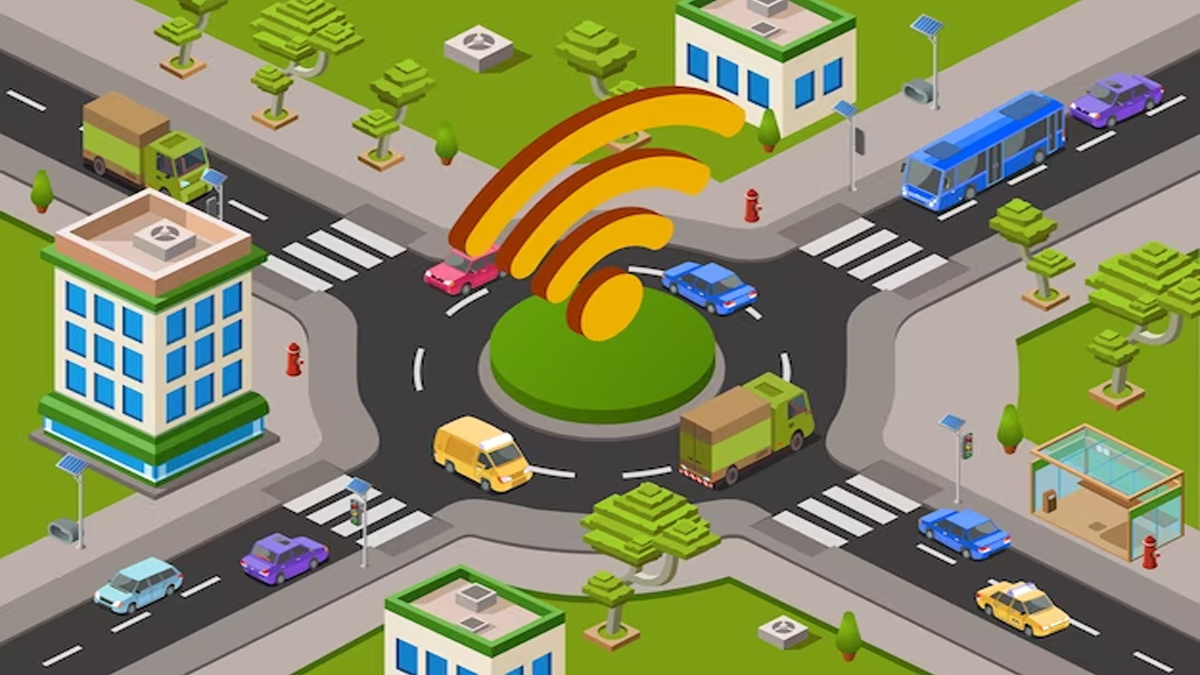Due process of law is a fundamental principle of justice that ensures individuals are treated fairly and impartially in legal proceedings. The advent and widespread use of the internet have transformed many aspects of the legal system, affecting how due process is understood and applied.
Here, we’ll delve deep into these impacts:
Access to Information:
- Positive Impact: The internet has significantly improved access to legal information. People can now research laws, regulations, and case precedents online, empowering them to better understand their rights and responsibilities.
- Negative Impact: The vast amount of information available online can be overwhelming and may lead to misinformation. This could result in individuals misinterpreting their legal rights or duties.
Digital Evidence:
- Positive Impact: Digital evidence, such as emails, social media posts, and surveillance footage, has become crucial in modern legal proceedings. The internet has made it easier to collect, store, and present such evidence, potentially leading to more accurate and just outcomes.
- Negative Impact: The handling of digital evidence can be complex and subject to issues like chain of custody and authenticity challenges. Moreover, the manipulation and forgery of digital evidence are concerns that can threaten due process.
Electronic Filing and Court Proceedings:
- Positive Impact: The internet has facilitated electronic filing of legal documents and remote court proceedings, making the legal system more efficient and accessible. This has been particularly important during times of crisis like the COVID-19 pandemic.
- Negative Impact: Remote proceedings can limit the ability of individuals to fully participate in their defense or to present evidence effectively. Technical glitches and security concerns can also arise.
Privacy Concerns:
- Positive Impact: The internet has led to greater awareness of privacy rights, and legal protections have evolved to address digital privacy concerns, bolstering due process.
- Negative Impact: Government surveillance, data breaches, and the proliferation of personal information online can threaten individuals’ privacy rights and due process. Unauthorized access to personal data can result in unjust profiling or discrimination.
Speed and Efficiency:
- Positive Impact: The internet has accelerated legal processes, reducing the time and cost associated with traditional legal procedures. This can enhance access to justice for many.
- Negative Impact: The need for speed can sometimes compromise thoroughness, leading to rushed decisions that may not fully consider all relevant evidence or arguments.
Access to Legal Services:
- Positive Impact: Online legal resources, including virtual legal consultations and self-help tools, have made legal services more accessible to a wider range of people, potentially improving due process for those who cannot afford traditional legal representation.
- Negative Impact: The quality of online legal advice can vary, and it may not always adequately protect individuals’ rights or provide the level of legal expertise required in complex cases.
Globalization and Jurisdiction:
- Positive Impact: The internet has facilitated international cooperation in legal matters, allowing for cross-border investigations and enforcement of laws, which can enhance due process in cases with global implications.
- Negative Impact: Jurisdictional issues in cyberspace can complicate due process. Determining which laws apply and where legal actions should be taken can be challenging.
In conclusion, the internet’s impact on due process of law in the 21st century is a double-edged sword. It has improved access to information, streamlined legal processes, and increased awareness of privacy rights. However, it also presents challenges related to misinformation, digital evidence, privacy violations, and access to legal representation. Balancing the benefits and risks of the internet in the legal system is an ongoing challenge for policymakers, legal professionals, and society as a whole to ensure that due process remains a fundamental principle of justice in the digital age.
